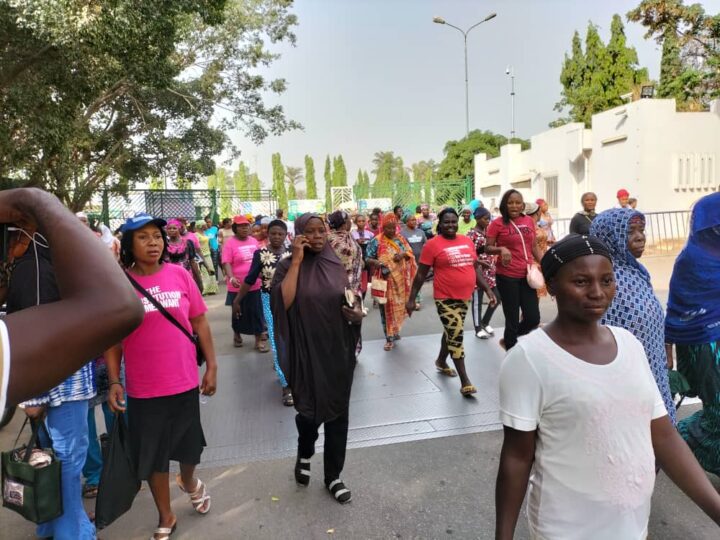A 2022 United Nations (UN) report stated that it could take close to 300 years to achieve full gender equality. The report showed global crises negatively impacted women’s lives regarding income, education, and health. Worldwide, gender inequality is worsening, and the longer we delay taking corrective action, the worse it gets. To address gender inequality, how families and society imagine a girl’s capability needs to change. Establishing a gender-sensitive education system and appointing more women to political positions would help close the gender gap.
In 2017, the World Bank reported that over 41,000 girls were forced into child marriage every day. Such early marriages are mainly due to how society and parents perceive girls. For instance, in Nigeria, many people view girls as inferior to boys and expect them to prioritise domestic duties over education and career pursuit. People who do that tell their girl-child what they can and cannot do. Parents need to teach girls they have the right to a voice, a say, a choice, and a life of their own. Parents also need to teach girls that societal expectations do not limit them. Such an effort would help girls feel empowered.
Parents must break these stereotypes by encouraging girls to seek careers in male-dominated fields. Girls should pursue science, technology, engineering, and mathematics (STEM) degrees…..
To read more, check full article on The Cable.

